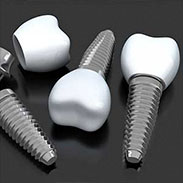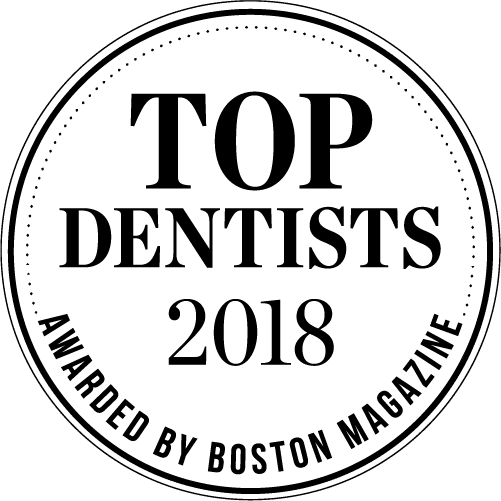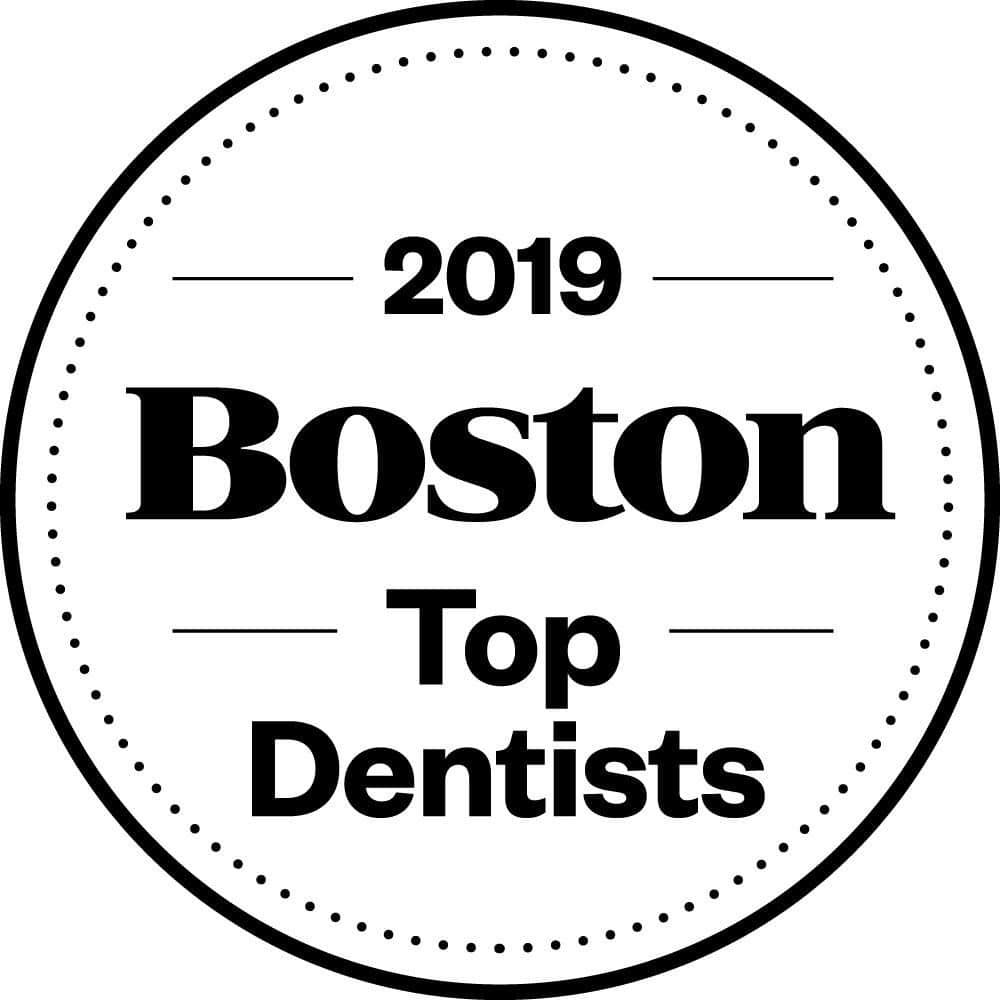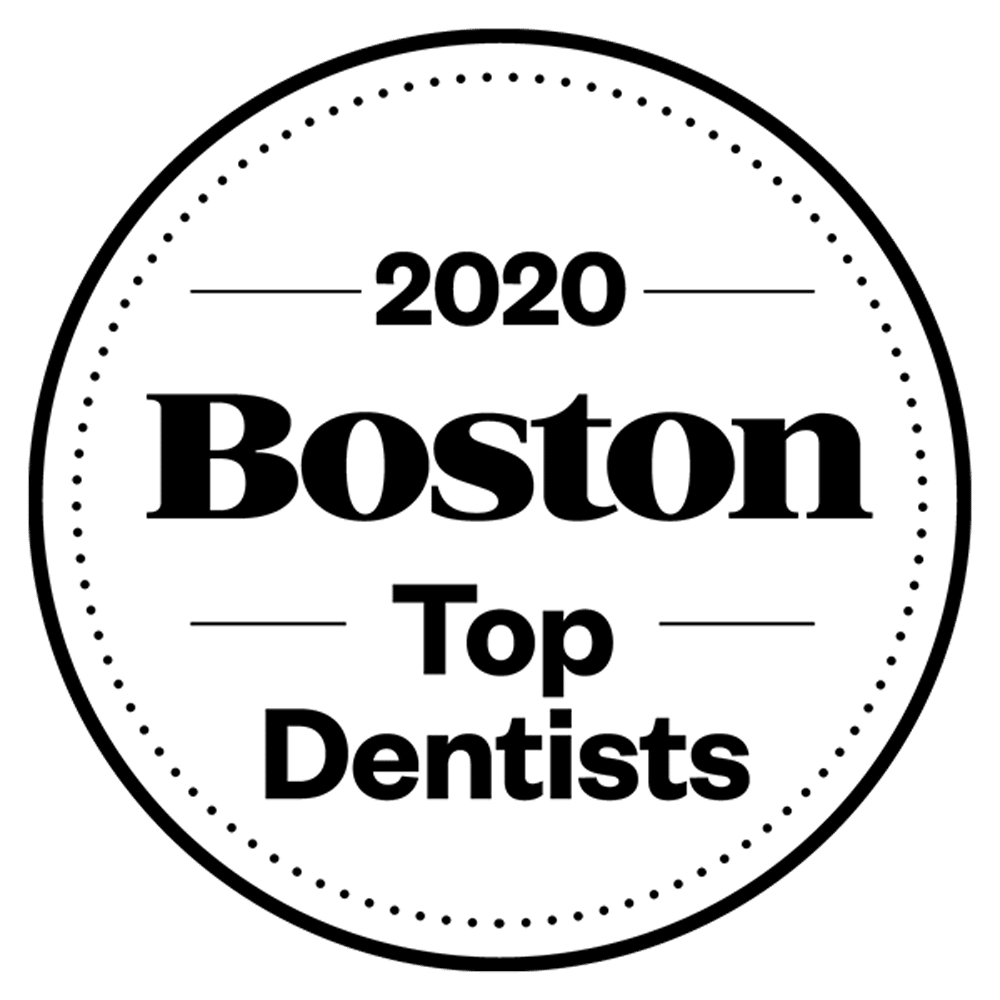









AP Dental Center
Tel: 617-315-1515 | Fax: 617-315-1515
More About AP Dental Center
Additional practice information goes here.
AP Dental Center provides more than basic dental care. Our highly trained staff understands your desire to create a smile that shines with confidence. We offer the latest advances in dental and cosmetic technology, helping to improve your dental health and boost your appearance at the same time. Check out our four convenient locations.

BOSTON MAGAZINE 2018 TOP DENTIST AWARD

BOSTON MAGAZINE 2019 TOP DENTIST AWARD

BOSTON MAGAZINE 2020 TOP DENTIST AWARD
Our Services
At AP Dental, we believe that every patient should have access to the best dental services in the area. Our team has worked hard to bring the latest technology into our modern office to ensure the comfort and satisfaction of every patient who walks through the door.
Patient Info
We always want our patients to feel informed and confident they are getting the best treatment possible. Learn more about our practice and your dental health.




